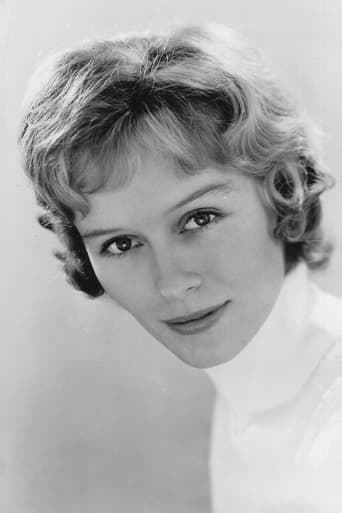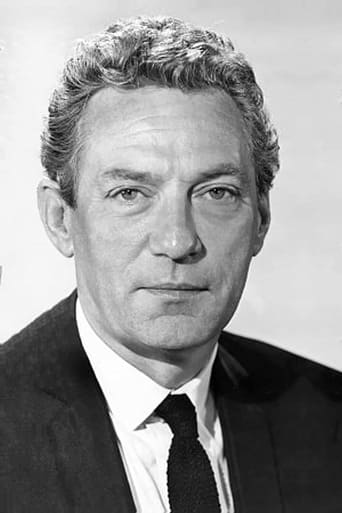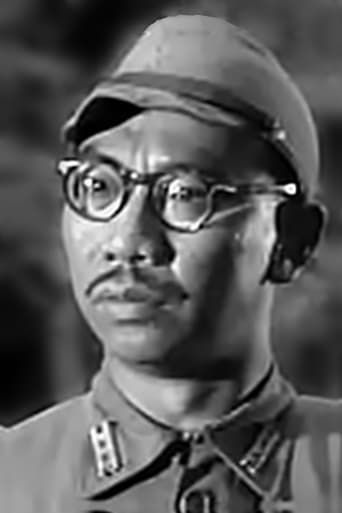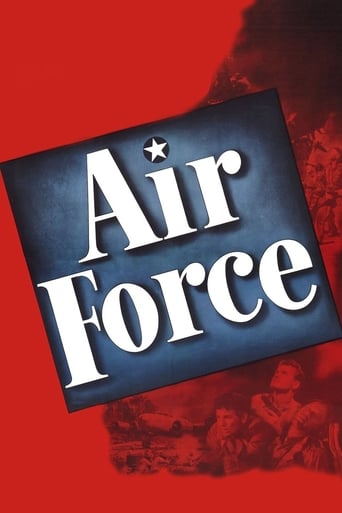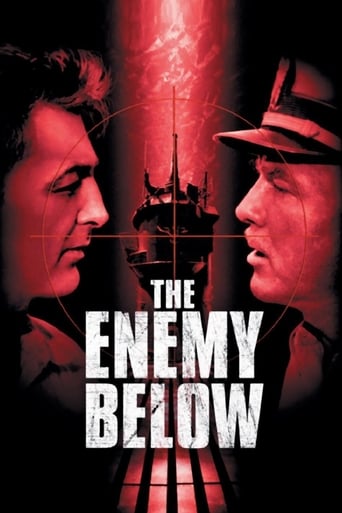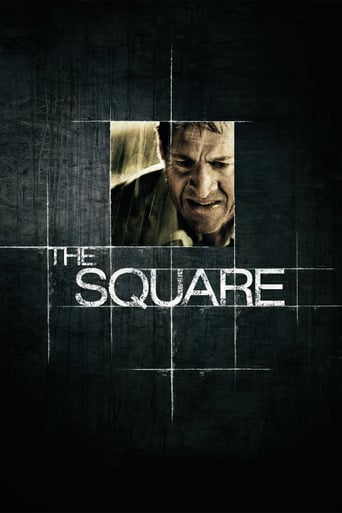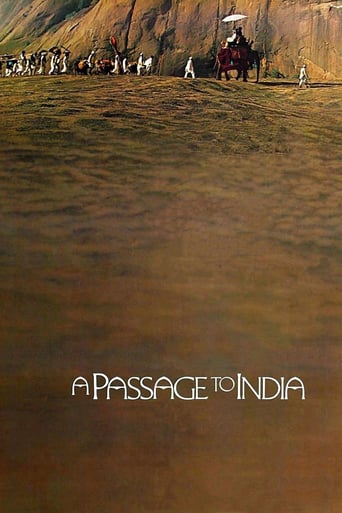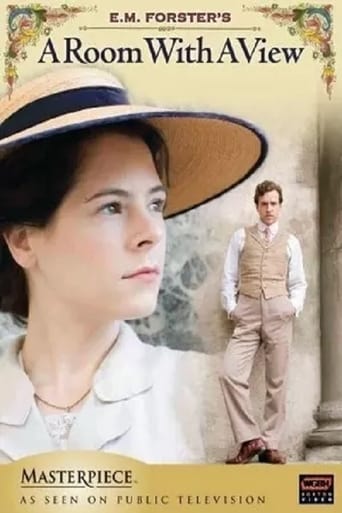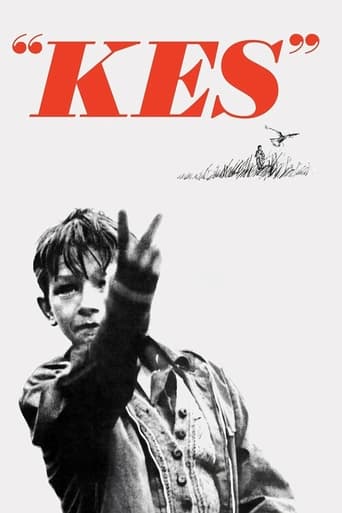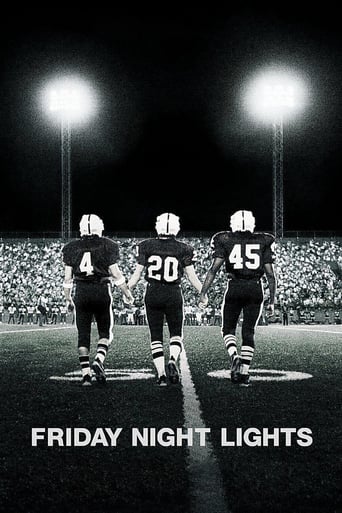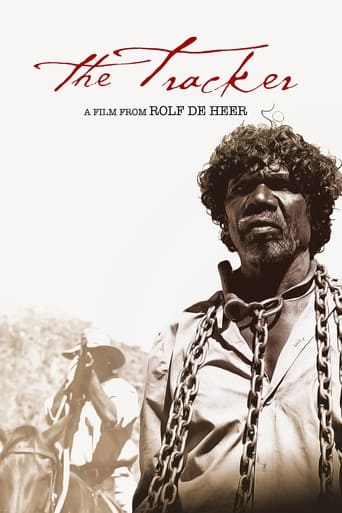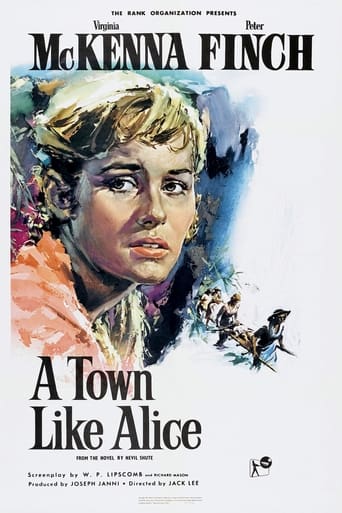
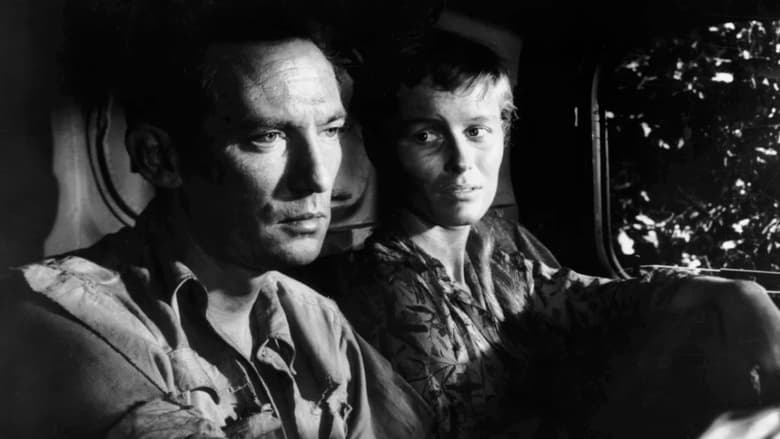
A Town Like Alice (1956)
In 1941 Malaysia, the advancing Japanese army captures a lot of British territory very quickly. The men are sent off to labor camps, but they have no plan on what to do with the women and children of the British.
Watch Trailer
Cast


Similar titles
Reviews
I cannot add anything more to the excellent review already contributed (thanks, Roger) but I would like to add a few comments. I first watched this film one wet Saturday afternoon on TV with my Dad. It gave me a real insight into the plight of women prisoners of the Japanese during WW2 which was unusual for that period (the early 1960's) as war movies seemed to focus more on Europe. We were studying Australia in Geography at school. Combined with the adventures of 'Skippy the bush kangaroo' this was a heady, exotic mix and oh, how I wanted to be a '£10 Pom' and head off to Oz when I was old enough - and become a flying doctor, of course! Well, I never became a doctor and didn't go to Australia yet I have continued to be fascinated by the outback and the pioneering spirit of Australians and both the book and this film have played their part in this. The story line - mixing flashbacks to the war and the romance between the two key characters never fails to entertain. If ever there was a film ready for a re-make, this is it. The book contains more and could be used in such a re-make but please, pleases, PLEASE let it not be a 'Hollywood make over'! It needs a scriptwriter who can stick to the book and not re-write the ending, a director who understands Australia, an historian to ensure accuracy and a casting director who has read the book and doesn't cast on looks alone. A bit of a challenge, but not impossible.
"A Town Like Alice" is a great movie. It's one of a very few films about World War II in the "rest" of the Pacific – outside the scope of the battle and combat areas that are most known and portrayed in films. Yet it takes place in an area of the Orient that also was greatly scourged by the Japanese. And it covers the plight of foreign civilians – in this case, English, who were caught, imprisoned or who otherwise suffered under the Japanese. It also has Australian, British and other prisoners of war in Malaysia. For all of these reasons, this film has historical value as well. Others have commented on the plot, so I won't elaborate except to note the subtle love story that is intricately woven into the movie. It is a rare and beautiful part of the whole film. It's nothing like the usual romances one sees in war movies – though there's nothing wrong with most of those. But, in "A Town Like Alice," it is such a subtle relationship that most viewers won't recognize that there is a budding love story in the first or second encounter of the two stars. Of course, neither do the two people that Peter Finch and Virginia McKenna play. And that adds to the warmth, the beauty and reality of it. But once realized, it's seen as a story of true love, deeply felt, and held in the very souls of the stars. This film came out just 11 years after the end of the war, and it was apparently considered too controversial by some. The film was pulled from the Cannes Film Festival that year, because it might offend the Japanese. I wonder if that didn't also affect the voting for the Academy Awards in the U.S. It received no nominations for an Oscar. Admittedly, the competition was very tough, with a number of very good films that year. Ironically, another film that had a lot about Japanese Imperialism took the largest number of Oscars in 1957 — "The Bridge on the River Kwai" won seven Oscars. It was most deserving, as were the individual Oscars, including Alec Guinness as best actor. "A Town Like Alice" did get due recognition in 1957, however, when it won two of five nominations for BAFTA awards (British Academy of Film and Television Arts). And those were for best actor and actress to Finch and McKenna.As for the Cannes Film Festival? They blew it. Hollywood and the other venues of film entertainment often take pride on being open, honest and daring in showing true art and history. Often times, it may be controversial with one group or another. So, they show their weakness and faults, when they cower from showing some films that are based on truths because of the risk of possible criticism or opposition. Thankfully, we still have writers and producers and other film promoters who are willing to risk the offense of some, for the sake of showing and telling the truth. They would rather not offend those who endured the sufferings portrayed. My online research found an interesting article about the Cannes debacle. It appeared in the May 23, 1956, edition of Australia Women's Weekly. Remember – Finch was a London-born Aussie. Here are some of the details reported in that article: "The British film, 'A Town Like Alice,' withdrawn from the festival because it might have offended the Japanese, was warmly applauded by the Japanese after it had been shown privately during the festival. Japanese stars who met Peter Finch at a cocktail party told him how they wept during the screening of 'A Town Like Alice.' Although it was withdrawn from the festival, the Rank Organization arranged a private showing at a theatre for a specially invited audience."The next day, the Japanese Ambassador invited Finch to the Japanese reception at their hotel. "There, a line of Japanese producers and actors bowed, all smiles to see him. Relations have never been more cordial. Both Peter Finch and director Jack Lee are now claiming that the Japanese never registered a protest against the film being shown. They believe the festival committee decided this itself rather than risk trouble."
Not really a spoiler, but I was originally disappointed when I realized this movie was concentrating on just the death march portion of the book. Very warm and heartfelt, but kind of misses the point of the title, which is really about what happens after the movie version ends. The mini series gave a better overall translation. An alternate title for the book was The Legacy, and that might have suited this version better. Still good though. By the way, Jean was not a nurse, she was a secretary, and Joe was not from Alice Springs -- it just represented a sort of ideal to him. He was from Willstown, and hoped it would one day develop into a town like Alice.
Soon after the end of real hostilities in 1945, Hollywood produced the first of many subsequent films from the perspective of prisoners of war held by the Japanese: that film was Three Came Home (1950) with Claudette Colbert. I recall seeing that one a long time ago and recall the dark nature of that narrative (I have yet to submit a review here, but I will, in time).A Town Like Alice is a different kettle of fish, so to speak: instead of a single family, it's a mix of various women and children caught up in the retreat to Singapore in 1941, and follows their seemingly unending trek across Malaya, from camp to camp, seeking admission and a final resting place to wait out the war.The black and white photography is superb as the downtrodden party weaves its way through swamp, dirt roads, wet and dry season, very little food or water, malaria, dysentery and all other manner of tropical diseases. Little wonder that, as they walk, they also die, one at a time, from malnutrition and sickness, and all the while, their guard, an old-timer, gradually comes to admire their perseverance just as the women come to respect the old man's quiet determination to keep helping them to survive. That's the main story.The big sub-plot is how Jean Paget (Virginia McKenna) meets Joe Harmon (Peter Finch), also a prisoner of war, and how they both come to fall in love on the run, if you know what I mean: they keep meeting (he is pressed into service as a driver for the Japanese) at different parts of Malaya as the women keep wandering around, looking for a place to stay. So, there is a bit of comedy from the irrepressible Aussie soldiers, mixed with moments of real tension as the two lovers try to keep a relationship going under such conditions. And, it's during one of those meetings that Jean learns that Joe comes from Alice Springs.Never boring, and with stand-out scenes, such as one of the little boys running in between the advancing Japanese soldiers with his toy gun, shouting "bang, bang" (reminiscent of Brandon de Wilde in Shane [1953], doing the same thing, and annoying Jean Arthur, inside the farm house); the joy of the women when they come across an abandoned house with hot running water; and, Jean's bargaining with a Malay shop-keeper for tinned milk for a baby.If this period in history is of interest, you could do worse to spend two hours of your time. And, as for how the romance turns out, well, you'll just have to see the movie, won't you?


